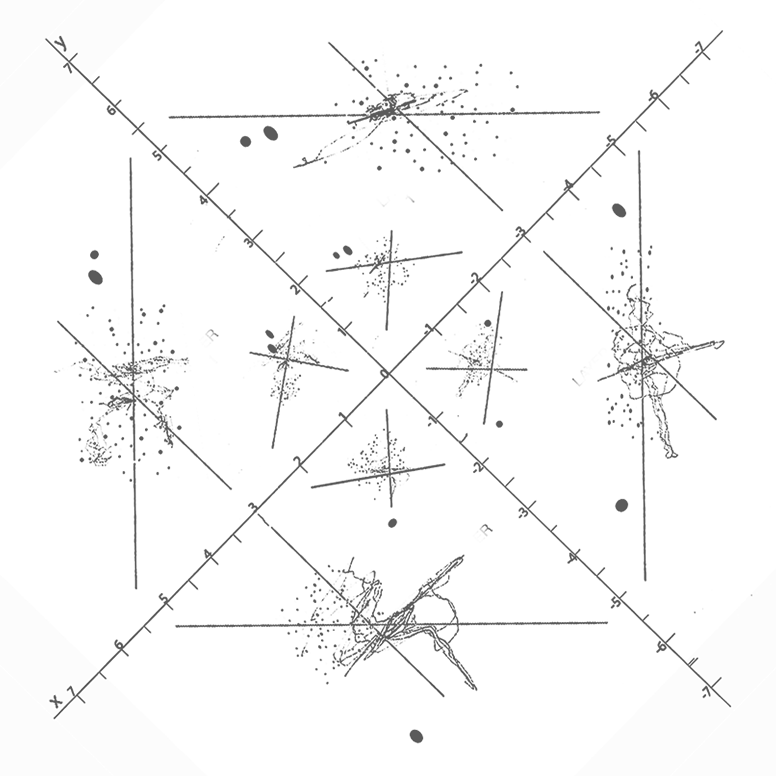The Weighing of the Heart in the court of Osiris
In the relentless pursuit of peace, an ancient lament echoes from within the marrow of my bones, the oldest and deepest wound humanity has ever faced—the land of Canaan. This collective cry transcends time, and may have originated from the religious reforms of Akhenaton in ancient Egypt to the brutal occupation and suffering in present-day Palestine.
The tragedy of religion in the west extended its pervasive influence throughout Egyptian society and culture. The decay of religious practices had a profound impact on philosophy, art, and government, leading to a collective decline all of them went down together. Akhenaton’s attempt to shift ancient Egypt from polytheism to monotheism faced with opposition from established spiritual authorities, Akhenaton’s reign plunged into a tumultuous era marked by intolerance and oppression. The motivation behind his religious innovation remains a subject of debate, exploring influences from Hebrew religion and political strategies. The shift represented a significant departure from polytheistic traditions, introducing a focus on a single god.
Within the Hermetic corpus lies a prophecy, the Lament found in the Asclepius, foretelling the decline of ancient Egypt—an insight into a lost world.
“ Do you not know, Asclepius, that Egypt is an image of heaven, or, to speak more exactly, in Egypt all the operations of the powers which rule and work in heaven have been transferred to earth below?
Nay, it should rather be said that the whole Kosmos dwells in this our land as in its sanctuary. And yet, since it is fitting that wise men should have knowledge of all events before they come to pass, you must not be left in ignorance of this: there will come a time when it will be seen that in vain have the Egyptians honoured the deity with heartfelt piety and assiduous service; and all our holy worship will be found bootless and ineffectual. For the gods will return from earth to heaven. Egypt will be forsaken, and the land which was once the cosmic sanctuary will be left desolate, bereft of the presence of its deities.”
Thoth, in dialogue with Asclepius, reveals the impending abandonment of Egypt by the gods, the influx of foreigners, plagues, and the desolation of the once-holy land. The prophecy paints a vivid picture of a time when gods depart, evil prevails, and reverence for the immortality of the soul is scorned. As we reflect on the Lament, its relevance extends to contemporary times, drawing a poignant parallel to the ongoing tragedy. The abandonment of the ancient worldview, the deterioration of the harmonious relationship between humanity and the nature, and the dismissal of ancient spiritualities. The separation of Heaven and Earth, depicted in the Lament as a consequence of humanity’s disregard for the cosmic divine.
The ancient Egyptians held belief in the primordial state of the world—a vast, dark, and directionless watery mass known as chaos. Within this chaotic realm, the Ogdoad of Khmunu (Hermopolis) resided, composed of four frog gods and four snake goddesses, each representing unique facets of chaos. Among them were Nun (Nu) and Naunet (water), Amun and Amaunet (invisibility), Heh and Hauhet (infinity), and Kek and Kauket (darkness). Nun, symbolizing the watery chaos, played a pivotal role in Egyptian cosmogony.
According to Egyptian mythology, Ra (or Amun) originated from Nun, undertaking an act of self-creation. Ra emerged from the chaotic waters, rising onto the primeval mound, often symbolized as the Benben or the lotus blossom. Another narrative attributes the awakening of Nun to Thoth, who sang the names of the four frog gods and snake goddesses. These deities continued the celestial song, ensuring the sun’s perpetual journey across the sky.
This cosmic event marked the initiation of the First Time, a period in which Ra assumed the role of the universe’s creator and parent to other gods. Ra, revered as the father of the gods, introduced Ma’at, the principle of cosmic order, into the pre-existing chaotic realm governed by Nun. In a poetic acknowledgment,Nun and Naunet are recognized as the protectors of the gods, casting their enveloping shadows for divine safeguarding.
The Hermetic philosophy, encapsulated in the Lament, becomes a mirror reflecting not Paonly the loss of ancient wisdom but also the lasting impact of cultural shifts on spirituality. The archetypal magic and spiritual science embedded in ancient Egyptian thought, fading away as the gods depart, finds its modern counterpart in the silent landscape of tombs, corps and suffering in Palestine.
The ancient lament, once an echo in the halls of Egypt, becomes a universal cry for justice, peace, and the restoration of the sacred connection between humanity and the cosmic divine—a connection that transcends religions, culture, time and geography.
NS
